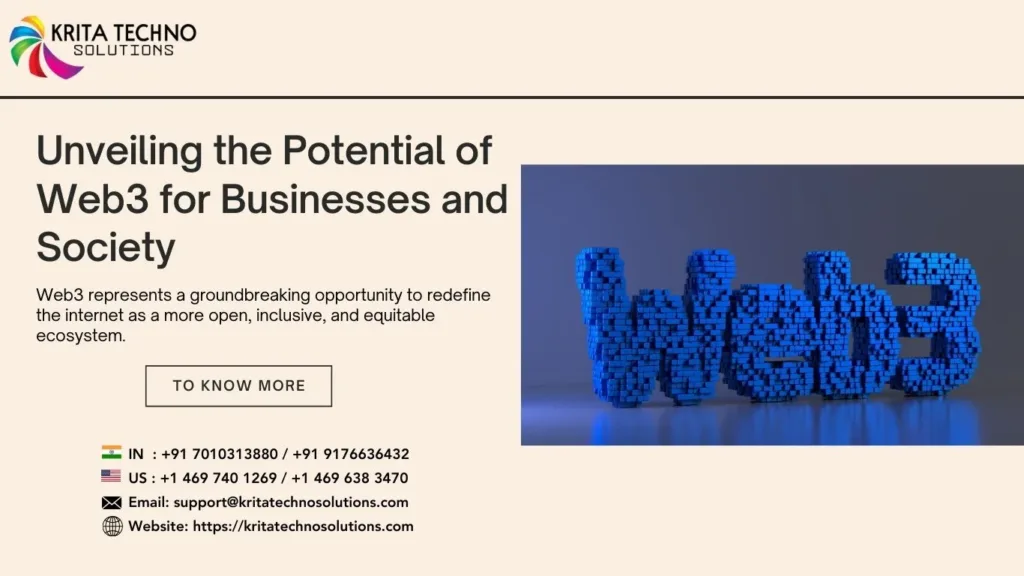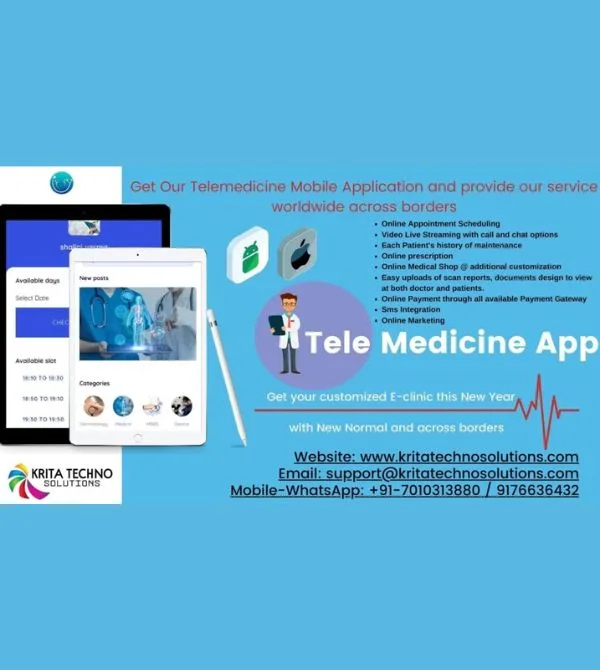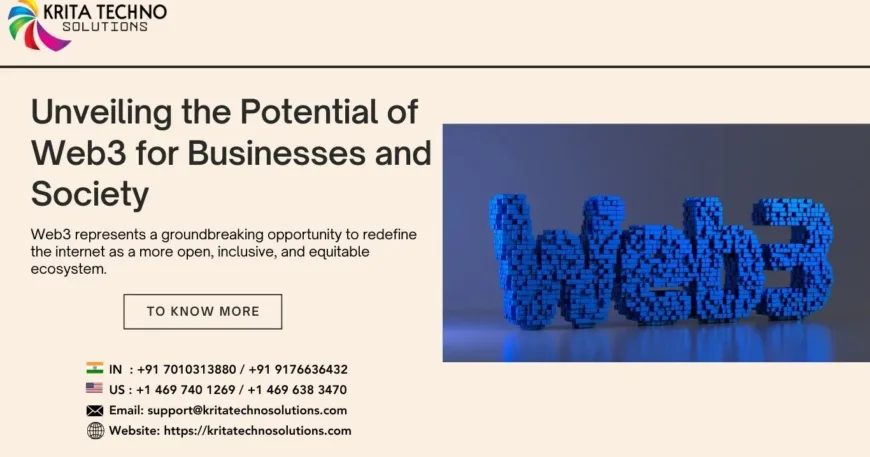
The digital landscape is constantly evolving, and with the emergence of Web3, we stand at the brink of a transformative era that promises to reshape not only how we interact with technology but also how businesses operate and society functions. Let’s delve into the implications of Web3 and how embracing this paradigm shift can unlock new opportunities for businesses and communities alike.
With 9+ years of experience in the industry and a wealth of knowledge about the latest Web technologies, media trends and best practices, we are well-equipped to help you achieve your marketing goals.
Web3 represents the next evolutionary phase of the internet, characterized by decentralized protocols, blockchain technology, and the principles of decentralization, transparency, and user empowerment. Unlike its predecessors, Web3 aims to redistribute power from centralized authorities to individual users, fostering greater autonomy, security, and inclusivity in the digital realm.
For businesses, embracing Web3 entails a paradigm shift in how they engage with customers, manage data, and monetize their offerings. Decentralized applications (dApps) built on blockchain technology enable new business models, such as decentralized finance (DeFi), non-fungible tokens (NFTs), and decentralized autonomous organizations (DAOs), offering innovative ways to create, distribute, and exchange value.
By leveraging smart contracts and blockchain-based solutions, businesses can streamline operations, enhance transparency, and mitigate trust issues in various domains, including supply chain management, intellectual property rights, and digital identity verification. Moreover, Web3 opens up new avenues for monetization and community engagement, empowering users to participate in the value creation process and share in the success of the platforms they contribute to.
Beyond the realm of commerce, Web3 has profound implications for society as a whole. By decentralizing control over data and digital assets, Web3 has the potential to democratize access to information, foster digital sovereignty, and combat online censorship and surveillance. Moreover, Web3 enables new forms of digital governance and collective decision-making, empowering communities to collaborate, coordinate, and govern themselves in a decentralized manner.
However, as we embrace the promises of Web3, we must also reckon with its challenges and risks. Scalability issues, regulatory uncertainties, and concerns about privacy and security pose significant hurdles to the widespread adoption of Web3 technologies. Moreover, the transition to a decentralized paradigm requires careful consideration of the social, economic, and ethical implications, including issues of digital equity, interoperability, and governance.
Web3 represents a groundbreaking opportunity to redefine the internet as a more open, inclusive, and equitable ecosystem. By embracing the principles of decentralization, transparency, and user empowerment, businesses can unlock new opportunities for innovation, collaboration, and value creation. However, realizing the full potential of Web3 requires collective effort, collaboration, and a shared commitment to building a better digital future for all. Let’s embark on this journey together and embrace the possibilities of Web3 for businesses and society.
For Contact:
📞 IN : +91 7010313880 / +91 9176636432
📞 US : +1 469 740 1269 / +1 214 705 2058
✉️ Email: support@kritatechnosolutions.com
🌐 Website: https://kritatechnosolutions.com/






